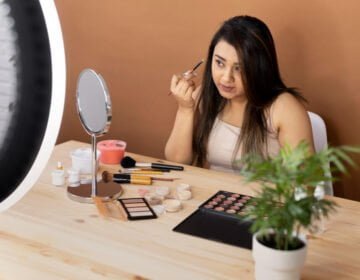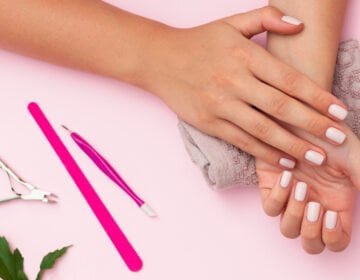
Mastering Sleep Hygiene: Tips for Better Sleep
Before learning how to sleep better, you must understand sleep hygiene. Sleep hygiene is a set of habits that improve sleep. These include your sleep pattern, nighttime routine, and diet and make your body fit and fine.
Tips for Better Sleep hygiene:
Create a Consistent Sleep Schedule
Maintaining a sleep pattern is important to sleep hygiene. Try to go to sleep and wake up at a particular time every day, even when you’re on holiday. This helps balance your body’s internal plan, making sleep easier and waking up energised.
Design Your Sleep-Friendly Environment
How well you sleep depends significantly on where you sleep. Make your bedroom as quiet, tidy, cool, and dark as possible. If you have to, buy dark-coloured curtains and think about getting a white noise machine to block out irritating sounds.
The Role of Diet and Nutrition
How well you sleep can depend on what you eat and drink. Don’t eat too much foods, drink and many cups of coffee, or drink excess amount of alcohol right before bed. However, choose a small, fresh and healthy food when you’re hungry. Drink satisfactory of water throughout the day, but avoid drinking too much in the evening if you don’t want to wake up during the night.
Exercise for Better Sleep
Regular exercise can help you sleep better, but the time is important. Try to finish all of your light to hard exercise at least three hours before sleep. Before going to bed, it can be helpful to do yoga or stretch for your health.
Manage Stress and Anxiety
Stress and mental disorders may keep away people from sleeping. Try to make your mind positive and think positive Before you go to sleep, try to calm your mind by taking deep breaths, meditation, or rest your muscles in a variety of ways.
Limit Screen Time Before Bed

The blue light that screens give off can stop your body from making a substance called melatonin, a hormone that controls sleep. To sleep on time, don’t use your laptop or phone. However, read a book or engage in anything else that will help you relax and make your mind calm and free.
Say No to Caffeine and Nicotine
Both nicotine and caffeine can keep you awake because they are drugs. Stay away from these things in the hours before bed. If you want a nice drink before bed but don’t want caffeine or coffee, choose herbal tea.
The Importance of a Comfortable Mattress and Pillow
For good sleep, you need to spend money on a comfortable mattress and pillow that support your body’s natural balance. When old beds and pillows no longer provide enough support, you should get new ones. Your room must also be clean and tidy.
Mindfulness and Relaxation Techniques
Add exercises that help you be more sensible and calm to your daily routine. Your job is to deal with your physical and mental problems when you’re sad or angry and to get your body and mind ready for a good night’s sleep. It can be significantly improved continuously and performing specific daily routines.
Healthy sleep habits are the direction of better health and good sleep. Every night time, you should be able to get a sleep well with the help of this daily routine implementation and these guidance. Don’t forget that being sweet-toned is a solution and that this manner will become second nature extra time.
FAQ’S
What are the five principles of sleep hygiene?
The five principles of sleep hygiene are as follows:
- Consistent sleep schedule
- Create a relaxing environment
- Limit your screen time in bed
- Practice relaxation techniques exercise for better sleep
- Watch your daily intake and exercise
What are sleep hygiene practices?
Sleep hygiene practices are those practices that maintain cleanliness and promote good health, including habits like handwashing, bathing regularly, oral care, nail care, and hair care.
What are the examples of personal hygiene?
Washing hands before eating anything, showering once a day, brushing, eating twice a day, and keeping nails free of germs by regular trimming are some examples of maintaining personal hygiene.
Image Source: Freepik













